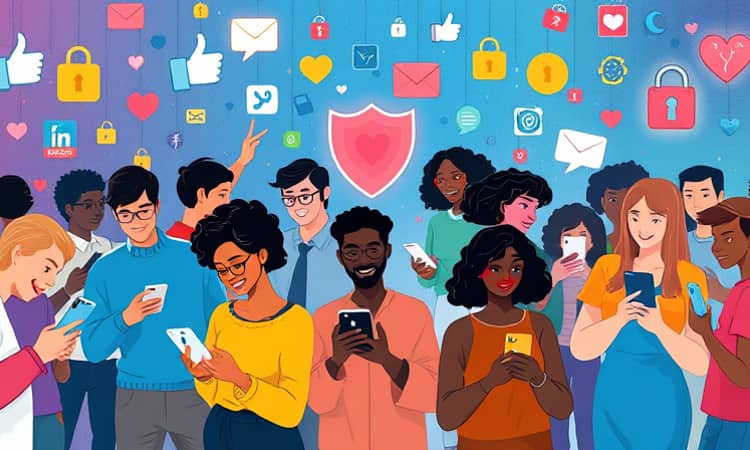Social media has become an integral part of our daily lives, connecting us with friends, family, and even strangers across the globe. While these platforms offer numerous advantages such as sharing life experiences and networking opportunities, they also present significant risks, especially concerning personal safety and privacy.
To help you navigate the complex world of social media safely, we've compiled five straightforward tips. By implementing these strategies, you can significantly reduce the risk of data breaches, unwanted attention, and other online dangers.
1. Use Strong, Unique Passwords
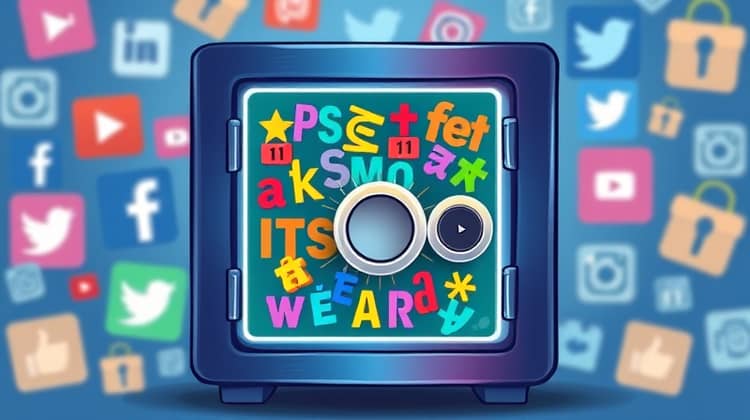
One of the most critical steps to securing your social media accounts is to use strong and unique passwords. Many people tend to use the same password across multiple platforms, which can be risky. If one account is compromised, it opens the door for hackers to access all other accounts with the same password.
- Create passwords that are at least 12 characters long.
- Use a combination of uppercase and lowercase letters, numbers, and special characters.
- Avoid common phrases or easily guessable information like birthdays or names.
- Change your passwords regularly and consider using a password manager.
By creating strong and unique passwords, you take the first step in safeguarding your social media presence. This small change can make a big difference in your online security.
2. Be Cautious About Personal Information
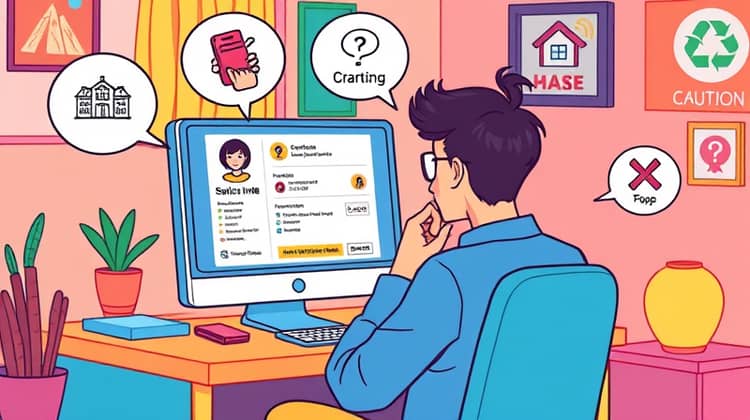
Many social media users often overshare personal information without realizing the potential consequences. When you share too much about your life, you can unwittingly expose yourself to strangers who may misuse that information.
- Think twice before posting details like your address, phone number, or financial information.
- Limit the amount of personal information in your profile settings.
- Be wary of sharing location details, especially in real-time.
- Consider whether your post adds value to your network or merely invites scrutiny.
Being mindful of the personal information you share online can help you maintain your privacy and security. Take control of your digital footprint by being selective about what you disclose.
3. Review Your Privacy Settings
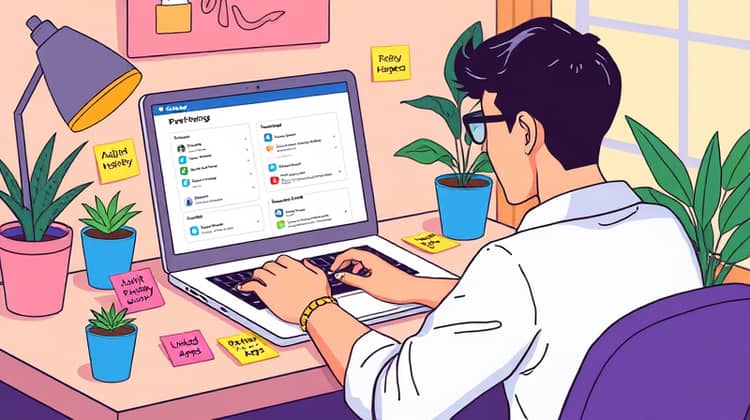
Your social media accounts come with built-in privacy settings that can help you control who sees your content. Regularly reviewing these settings is essential to ensure that your information is only visible to the audience you intend.
- Adjust your post visibility to friends only rather than public.
- Review which applications are linked to your social media accounts and remove any you no longer use.
- Limit friend requests to people you actually know.
- Check if your profile can be searched by your email or phone number and change it if necessary.
Taking the time to adjust your privacy settings can provide an extra layer of security for your personal information. Regular checks will keep you informed about who has access to your details.
4. Beware of Scams and Phishing
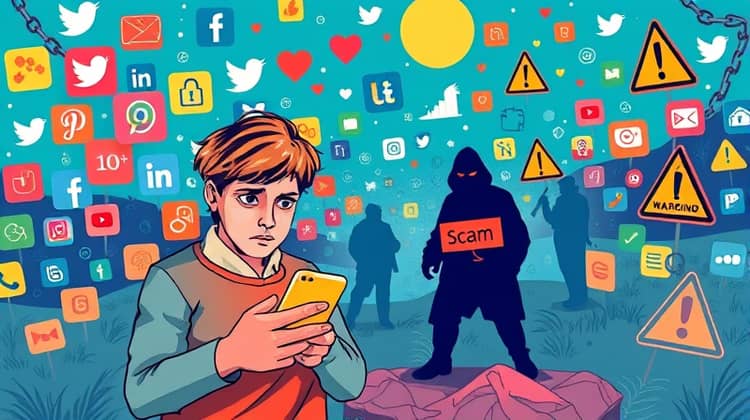
Scammers are constantly looking for ways to deceive social media users into providing personal information or financial data. Phishing attacks can occur in various forms, including deceptive messages or fraudulent links.
- Be suspicious of unsolicited messages from unknown accounts.
- Avoid clicking on suspicious links, even if they appear to be from friends.
- Look for signs of fake profiles or accounts that mimic legitimate ones.
- Report any suspicious activity to the social media platform immediately.
By remaining vigilant against scams and phishing attacks, you can protect your personal data from cybercriminals who seek to exploit unsuspecting users. Awareness is your greatest defense.
5. Think Before You Share
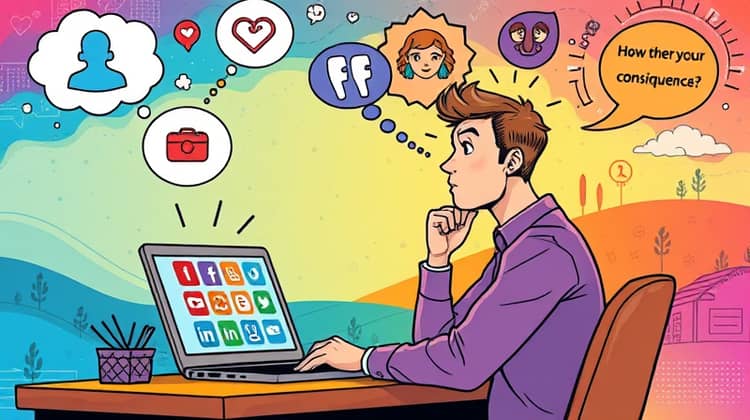
In the age of instant sharing, it’s easy to post a thought or photo impulsively. However, before you hit that 'share' button, consider the potential implications of your content on your personal and professional life.
- Evaluate how your post may be perceived by others, including potential employers.
- Consider the permanence of your digital footprint; once shared, it can be difficult to erase.
- Remember that even private posts can be shared by friends or screen-captured by someone.
Thinking critically about what you share can safeguard your reputation and privacy. It helps in maintaining a space that reflects your true self without exposing vulnerabilities.
Conclusion
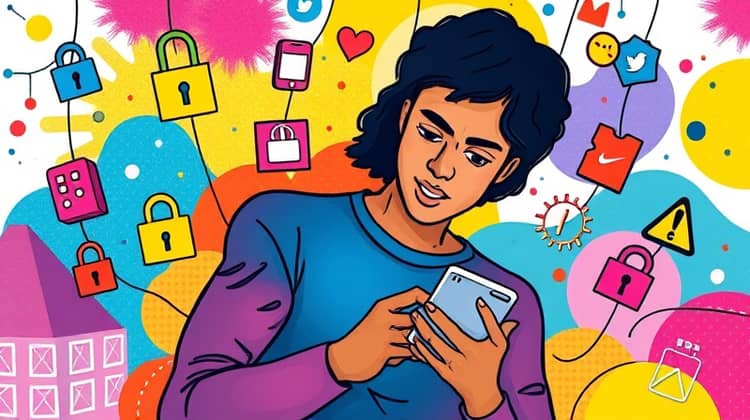
Staying safe on social media requires a proactive approach to protect your personal information while enjoying the benefits of connecting with others. By utilizing strong passwords, being cautious about what you share, and regularly reviewing privacy settings, you can navigate these platforms more securely.
Additionally, staying alert to scams and being mindful of your sharing habits will further enhance your online safety. Remember, the responsibility for safeguarding your online presence lies with you, and these simple steps can make a significant difference.

